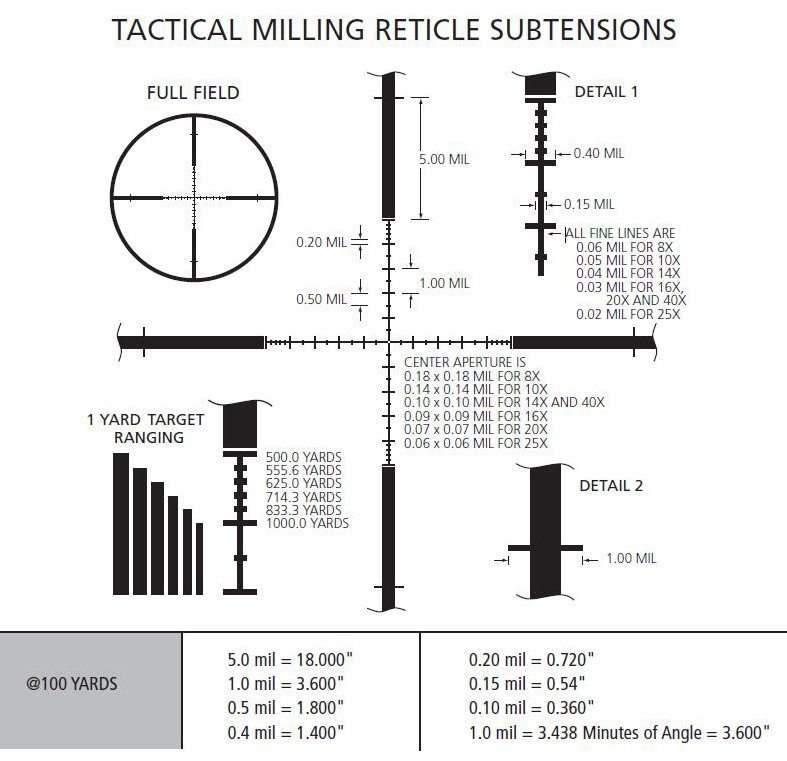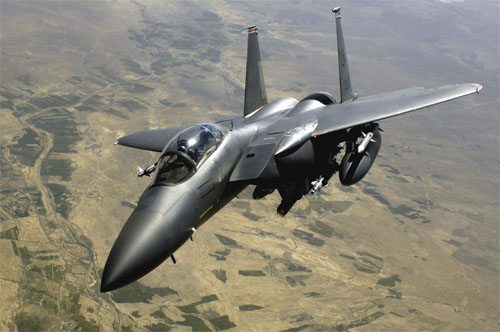,
The United States must launch a diplomatic offensive and begin withdrawing troops from Iraq to halt a “grave and deteriorating” crisis, a top panel recommended on another crushing day of violence in the stricken nation.
Another 10 US troops and at least 25 Iraqis were killed in Iraq on the day of the release of the Iraq Study Group's report on how to extract the United States from the three-and-a-half-year old conflict, US and Iraqi officials said.
Suffering from a public backlash over the war, President George W. Bush said he would take the report by the Iraq Study Group “very seriously” but gave no guarantees he would follow any of its 79 recommendations.
“The situation in Iraq is grave and deteriorating,” the report by the non-partisan panel warned. “There is no magic formula to solve the problems of Iraq.”
It warned that violence in the Baghdad region was now “dire” and said that if the crisis worsens, the Iraqi government could collapse, igniting a “humanitarian catastrophe” and prompting neighboring countries to intervene.
The panel called on the Bush administration to launch an immediate diplomatic offensive to help end the sectarian strife that has left tens of thousands dead in Iraq since the US-led invasion in March 2003.
It said there should be “exhaustive and substantive” talks with Iran and Syria, arch-foes which the US administration has accused of destabilizing the Middle East.
The group also called on Bush to launch a major effort to broker peace between Israel and the Palestinians.
“The United States cannot achieve its goals in the Middle East unless it deals directly with the Arab-Israeli conflict and regional instability,” said the report.
The Iraq Study Group proposed a major drawdown of US troops in Iraq.
“By the first quarter of 2008, subject to unexpected developments in the security situation on the ground, all combat brigades not necessary for force protection could be out of Iraq.”
A US rapid-reaction force could be retained and US forces would remain embedded with Iraqi units. The White House pointed out however the report did not include a detailed timetable for a retreat.
The report said the United States must step up action — including a threatened reduction of political, military and economic support — to make the Iraqi government improve security.
“If the situation continues to deteriorate, the consequences will be severe,” the panel warned.
“There is no magic formula that will solve the problems of Iraq,” panel lead James Baker, a former US secretary of state, told a news conference at the official unveiling of the report.
“To give the Iraqi government a chance to succeed, United States policy must be focused more broadly than on military strategy alone or on Iraq alone,” Baker said, calling on US officials to seek the “active and constructive engagement of all governments that have an interest in avoiding chaos in Iraq.”
Bush said: “This report gives a very tough assessment of the situation in Iraq. It is a report that brings some really very interesting proposals, and we will take every proposal seriously, and we will act in a timely fashion.”
Bush's top war ally, British Prime Minister Tony Blair, arrived in Washington late Wednesday for White House talks on Thursday. Blair and Robert Gates, Bush's pick for defense secretary to succeed Donald Rumsfeld, have both said US forces and their remaining allies are not winning the war.
Before heading to Washington Blair conceded that the war in Iraq is not being won.
But Blair insisted Iraq can be salvaged — albeit as part of a wider Middle East strategy centred on the Israel-Palestinian conflict.
Blair was asked if he shared the assessment of Gates, who told a confirmation hearing Tuesday that the US was not winning the war.
“Of course, in July I said myself that the situation in Baghdad with sectarian killing was appalling and that the bloodshed was appalling,” Blair told lawmakers in London on Wednesday, shortly before his departure for Washington.
“What is important however is … that we do go on to succeed in the mission that we have set ourselves,” he added.
Blair's government — which has some 7,100 troops in southern Iraq — said recently it hoped to hand over control to Iraqi forces early next year, leading to a reduction of troop levels by thousands.
Blair reiterated Wednesday that the key strategic priorities for Iraq were to build up the country's army and support its government, while seeking a wider solution in the region.
In Iraq, nine of the latest US military deaths announced Wednesday were in combat operations, a US army officer told AFP.
At least 25 Iraqis were killed in the latest daily bloodshed. Fifteen people were killed in a roadside bomb attack in Baghdad, security officials and the US military said. Four people were killed in a suicide bombing on a bus in Baghdad's Shiite district of Sadr City.
In Iraq, some government officials reacted to the report by condemning the threatened reduction in US support.
Bassim Ridha, a top advisor to Iraqi Prime Minister Nuri al-Maliki, said the White House has to back Baghdad “all the way”.
“If they do not support the government then it will look as if they do not do what they preach,” Ridha said.
Asked about the report, Iran's Foreign Minister Manouchehr Mottaki from the Netherlands that it was “interesting in some areas” but added that any US troop withdrawal “should not need any negotiation with Iran or other countries in the region.”
The Palestinian Authority welcomed the report's recommendation for efforts to revive the Middle East peace process.
Nabil Abu Rudeina, a spokesman for Palestinian president Mahmud Abbas, told AFP: “Resolving the Palestinian problem will open the way toward resolving all of the problems in the Middle East.”
But a senior Israeli official expressed concern at calls in the report for redoubled US efforts to end the Middle East conflict.
“This report is worrisome for Israel, particularly because, for the first time, it mentions the question of the 'right of return' for the Palestinian refugees of 1948,” said the official, who declined to be named.









